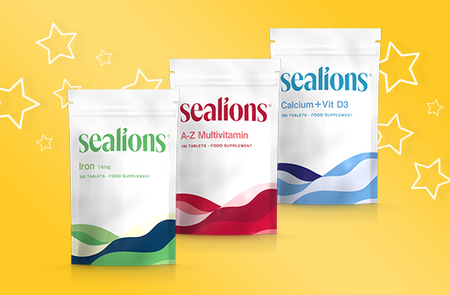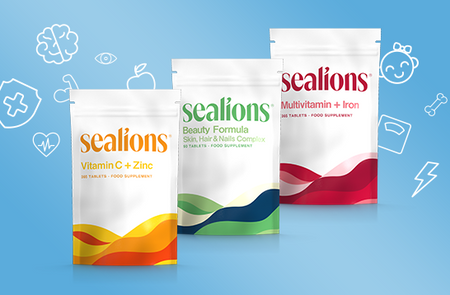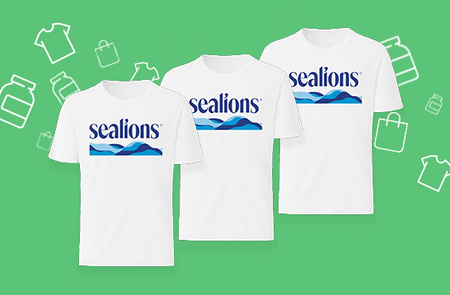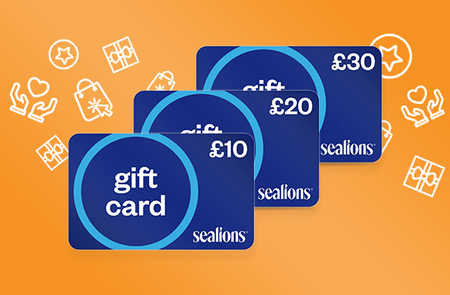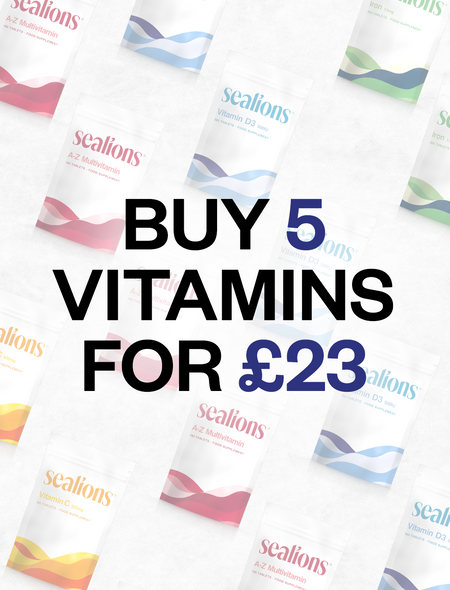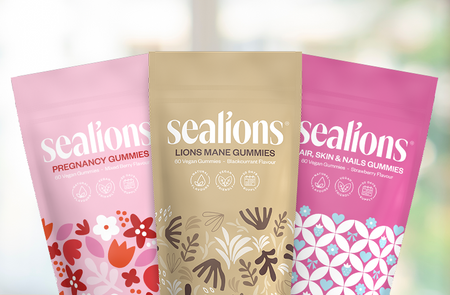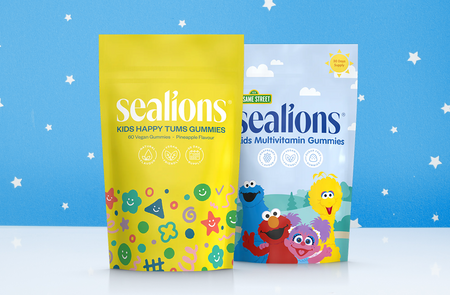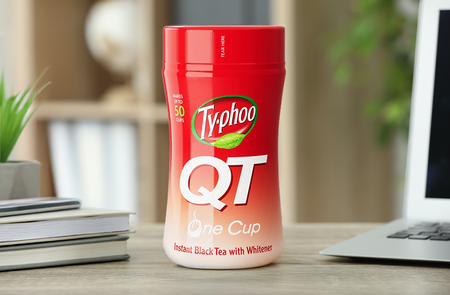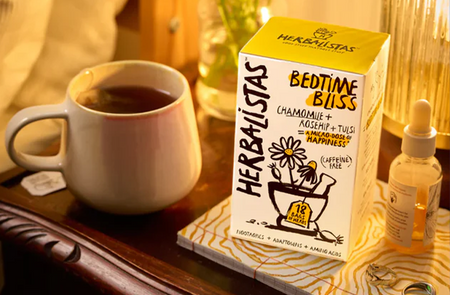
Which Essential Vitamins Can’t Your Body Produce?
The human body is a marvel, turning food and water and air into everything we say and do and think. It’s brilliant. And that’s why we created Sealions, to help you brilliant human beings stay happy and healthy all year round.
We also created Sealions because as marvellous and magnificent as we are, there are things our bodies can’t do. Things our bodies can’t make. Essential vitamins and minerals that we need to find elsewhere.
Sometimes that’s because our bodies just can’t produce them without a very specific diet plan, and other times it’s because we’ve chosen a diet, or a lifestyle, that means we avoid the foods our bodies would normally use as fuel to create them.
But when your body can’t make an essential vitamin, or your diet can’t provide it, you can be sure of one thing.
There’s a supplement to see you right.
Which essential vitamins can’t our bodies produce?
Most vitamins and minerals are made within our bodies by breaking down and digesting the foods we eat. Healthy gut bacteria plays a role too, creating little vitamin deposits to help keep us healthy. But there are six vitamins and minerals it’s tough for our bodies to make without following a very strict diet. Or by adding a little extra supplementation
Vitamin D: The sunshine vitamin is absorbed through your skin, which is perfectly fine if you live somewhere that isn’t rainy old Britain. So unless you want to gorge on vitamin D-rich salmon or specially fortified dairy products, you might need to grab your sunshine in supplement form.
Omega 3 Fatty Acids Omega 3s are believed to help with heart health, and we need between 1.1g and 1.6g of it daily. Which means a diet rich in flaxseeds, mackerel or herring. But that seems more like a seagull diet than a human one, so a fish oil supplement can be helpful.
Magnesium: This essential mineral is involved in hundreds of metabolic reactions in our bodies - we’d be lost without it. You can find it in cooked brown rice, dry roasted cashew nuts, or in our online store.
Vitamin K: It’s rare that you’ll have a full-blown vitamin K deficiency, but it’s believed that most of us are running a little low on vitamin K because it’s only found in leafy greens. So if you’re not enjoying a daily kale smoothie, maybe you need to take a look at getting those daily greens another way…
Iodine: Found mainly in specific kinds of salt and seaweed, iodine’s something that we struggle to find in even a balanced diet. You don’t need a huge amount of it, so it’d be rare to have a specific iodine supplement - but you’ll find it in our neuro cognitive complex.
Vitamin B12: We get our vitamin B12 from meat, seafood, and milk. So if you’re eating lamb chops and rainbow trout every day, you’ll be swimming in the stuff. But if you’re cutting back on animal products, you’d best read on, because…
Vegetarians and vegans need a little extra supplement support
For vegetarians and vegans, that list above gets a little longer, because there are some things that our bodies mainly break down animal products to create. But help is at hand, because nobody’s vegan or vegetarian lifestyle should result in anything but perfect health.
Choose a supplement when you need extra:
Calcium: Most of the calcium we get comes from dairy products like milk, cheese, and yoghurt. And unfortunately, some vegetables - like spinach - are full of calcium that we can’t digest. So while you can make up the shortfall with tofu, cabbage, and sesame seeds, a calcium supplement is a great addition to a vegan diet.
Vitamin B12: As we mentioned above, while vitamin B12 is abundant in meat, fish and animal products, it’s a little harder to come by for vegans and vegetarians. Some plant milks and soy products are fortified with B12, but it’s often helpful to control your intake of this vital anemia-preventing vitamin with a regular vegan-friendly B12 supplement.
Your body is a marvel. Keep it that way with help from a regular supplement from Sealions.
Tagged:

